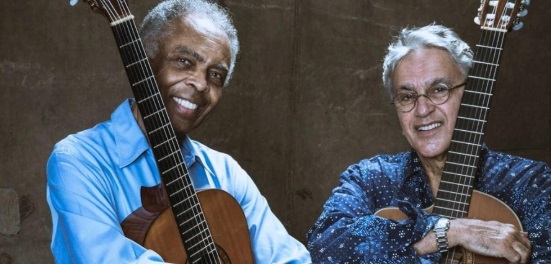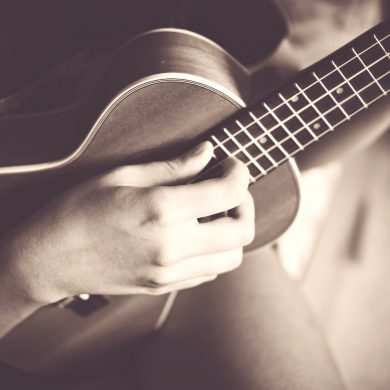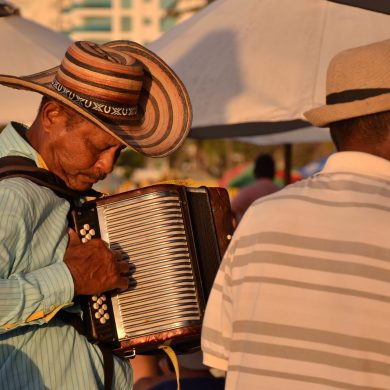Syncopated, festive, inventive and irreverent, Música Popular Brasileira (Brazilian popular music) explores different traditional styles of popular Brazilian music. But, it also pushes social and political ideals from 1965, calling for a union of identity differences.

MPB – the fusion of traditional musical influences
To define MPB would be a very difficult task, as its themes present a wealth of influences. With heritage consisting of Amerindian, African and European cultures, Brazilian popular music digests its multiple roots in order to produce its own, mixed identity. It gave a voice to Brazilians, especially during the years of dictatorship (1964-1984), inviting the listener to hear this turbulent history and to take the side of democracy.
Politically engaged music, MPB affirms its democratic positions during music festivals or political events. It would have fallen under institutional act n ° 5 imposed in 1968 by the military dictatorship to counter any freedom of expression.
In 1967, the “tropicalism” movement of Caetano Veloso and Gilberto Gil claimed this freedom, which landed them in prison for “acts of subversion” and eventually exile. Tropicalism challenged the nationalism of the time and the confinement to only traditional Brazilian music. It explored further horizons much like Bossa nova. Their manifesto, the record Tropicalia ou Panis and Circensis released in 1968, brings together some big names in MPB, Tom Zé, Gal Costa or Os Mutantes.
Os Mutantes was the first Brazilian band to claim its affiliation to the underground culture from England and the United States, and its influence was great in Brazilian music … and elsewhere: David Byrne of the Talking Heads group publicly proclaimed his admiration for the group in the early eighties, and ten years later, Kurt Cobain of Nirvana asked them to reform (which they did in 2006).
MPB, a trendy scene always free and inclusive
MPB continues to happily marry the musical styles (hip hop, rock, rap …) of all horizons with traditional rhythms and instruments (percussion of candombe and samba …) without this approach being backward. The current generation, from Rio, São Paulo or Curitiba like Karol Conka (“Boa noite”), mixes the legacy of the first MPB artists demanding social equality, while pursuing their own musical explorations. MPB defines Brazilian cultural identity through the active incorporation of differences. A true institution, it has become a label, a guarantee of artistic and quality production that is appreciated by fans today.

Brazilian music, a link to popular events
Engaged music, MPB affirms its democratic position during music festivals and political events. It would have fallen under institutional act n ° 5 imposed in 1968 by the military dictatorship to counter any freedom of expression.





